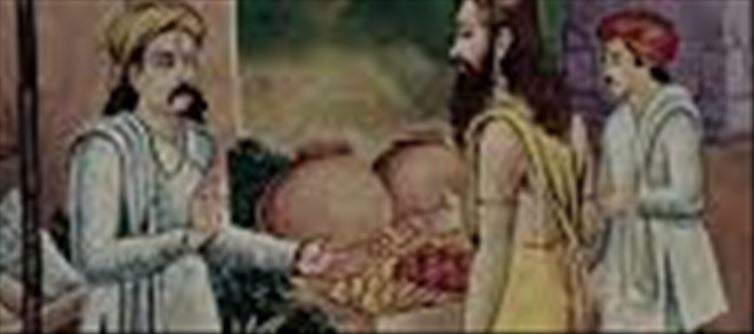
In ancient india, people were given tax exemption…
During the Maurya Empire in india, around 321-185 BC, a competition of ideas was held in which the winner was rewarded with tax exemption. In this competition, citizens had to give suggestions about ways to solve government problems. If a citizen liked the idea and it was implemented, then that person did not have to pay taxes throughout his life. Greek writer Megasthenes has also mentioned this practice in his book Indica.
Tax paid on keeping a beard
Russian reformer Peter the Great imposed a strange tax which is a unique event in the history of Russia. Peter the Great wanted to 'modernize' russia like the countries of Western Europe. He believed that a clean beard was a sign of modernity. So in 1698, he imposed a tax on keeping beards.
Russian men had to pay taxes for keeping beards. Those who had paid the tax also had to carry with them at all times a token giving them permission to keep a beard to prove it. Peter the Great's beard tax did not last long. catherine the Great abolished it in 1772. However, it shows what rulers can do to fulfill their wishes.
History of tax in India
The history of paying taxes in india is quite long. The formal tax system has been in existence since the time of the Maurya Empire. At that time, upper-class citizens used to pay 1/6 of their income as tax. Emperor Chandragupta Maurya established the Maurya Empire in 322 BC. The Maurya Empire is often cited as the largest empire ever to exist in the indian subcontinent. It was during the Maurya Empire that farmers were freed from taxes imposed by regional rulers and a uniform tax system was implemented. The Maurya army eliminated local chieftains and even bandits who used to extort money from the weaker sections. Chandragupta Maurya introduced a common currency system and created a separate department to collect taxes from citizens.




 click and follow Indiaherald WhatsApp channel
click and follow Indiaherald WhatsApp channel